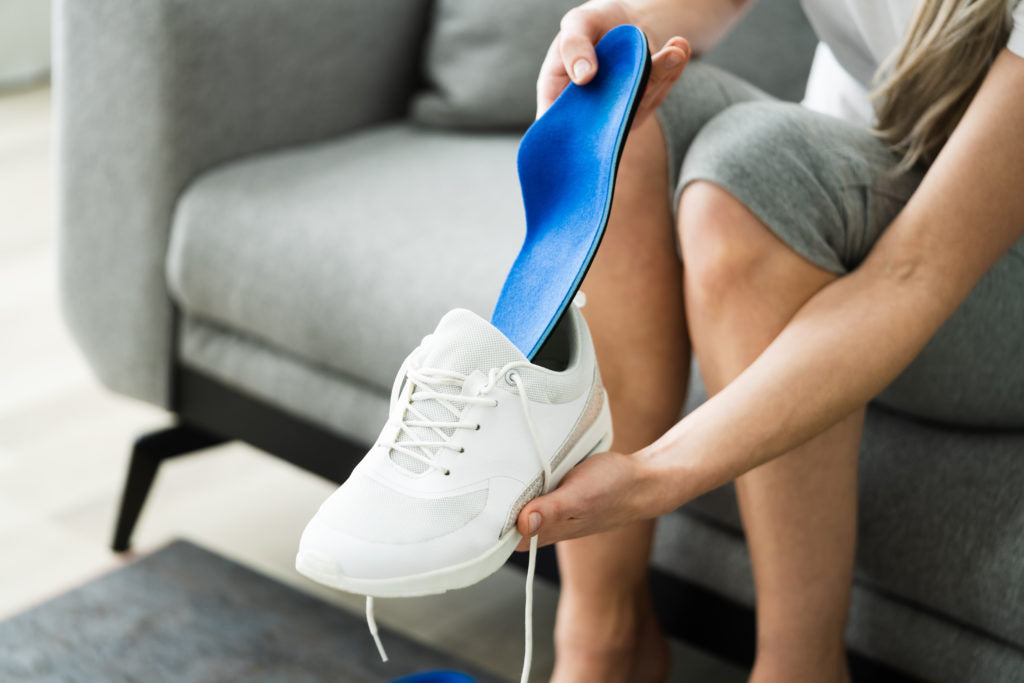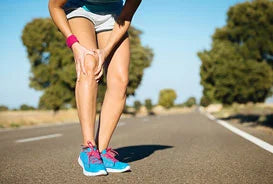Pregnancy and Feet: What to Expect and How to Manage the Changes

While pregnancy is a beautiful experience, it presents all kinds of challenges due to constant changes in the body. Of all of the body parts that feel the effects of pregnancy, it’s perhaps the feet that take the biggest beating. However, there are ways of managing foot issues during pregnancy so that you can tackle your daily tasks and look forward to your baby’s arrival.
Swelling
It’s very common for women to experience swollen feet and ankles during pregnancy. This issue tends to rear its ugly head during the second trimester due to hormonal changes that lead to water retention. Swelling often worsens as pregnancy advances and is usually more pronounced during the third trimester.

While all of this fluid retention is usually normal, it can make life a bit uncomfortable. Here are some tips for reducing swelling:
- Drink plenty of water – It might seem counterintuitive to drink more water when your body is retaining its fair share but water actually flushes out sodium to reduce bloating.
- Avoid salty foods – The more salt you take in, the more water your body will retain. Processed foods are especially high in sodium so stick to healthy, whole foods whenever you can.
- Get active – Getting up and moving around regularly can help reduce swelling in the legs, ankles and feet. Consider taking regular walks throughout the day.
- Elevate – Using a pillow, elevate your feet and legs just above the heart. Do this several times a day for 15 minutes to ease swelling.

Back pain
Pregnant women often experience lower back pain, especially during the second half of pregnancy. One of the primary causes of back pain is weight gain. That extra weight you’re carrying around puts stress on your spine. Pregnancy can also cause a shift in weight, putting additional pressure on your lower back.

Here are some tips for reducing back pain:
- Exercise – Being physically active during pregnancy can help alleviate back pain. When your core muscles are strong, they can help support your surrounding joints, alleviating pressure. Ask your doctor for help putting together an exercise routine that’s safe for you during pregnancy.
- Apply gentle heat – Placing a hot water bottle or a heating pad on low against the back can help relieve discomfort.
- Get support – When sitting, choose a chair with proper lumbar (lower back) support and sleep with a pillow between your knees to reduce pressure on the back.
- Orthotics – Try using orthotics with your shoes. Dr. Scholl’s® Pain Relief Orthotics for Lower Back Pain are designed to absorb shock. They also increase stability and reduce extra movements that can aggravate back pain.

Flattening arches and lengthening feet
Weight gain during pregnancy can cause the feet to lengthen and flatten out. Some women even find that their feet are permanently wider and longer after they’ve given birth.

Flat arches can be painful but here are some tips to help you find relief:
- Limit activity – Avoid high impact activity and long periods of standing as this can aggravate flat arches.
- Use orthotics with arch support – To alleviate stress on the arches of your feet, try Dr. Scholl’s® Pain Relief Orthotics for Arch Pain. These orthotics provide long-lasting relief from arch pain.
- Wear supportive shoes – Always wear shoes with good arch support and avoid going barefoot. If your feet are bigger, you’ll need a bigger sized shoe.



